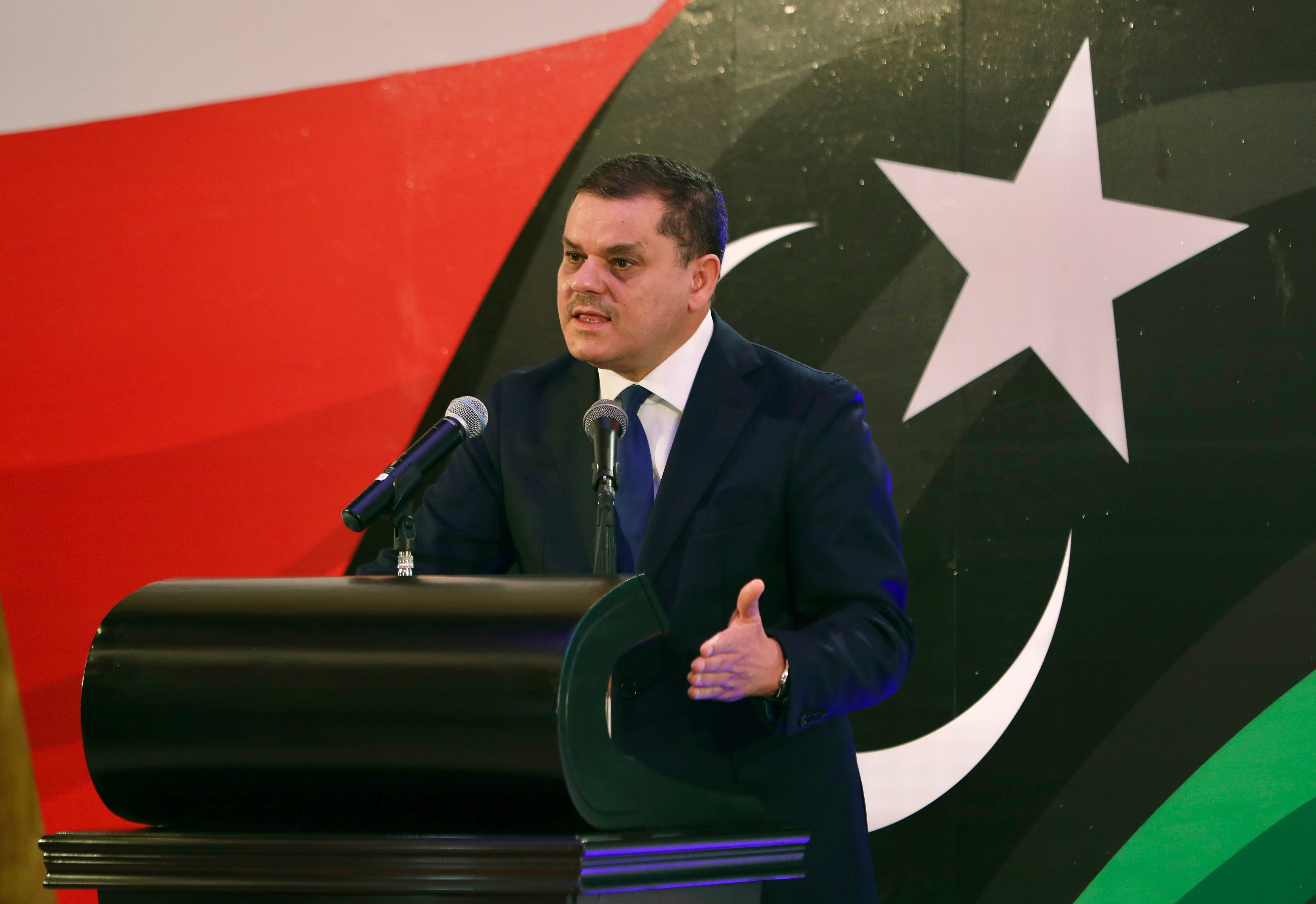Italian minister meets Libya's new Tripoli government
Italy’s top diplomat has become the most senior western official to travel to Libya after an interim government took power in the North African County last week

Your support helps us to tell the story
From reproductive rights to climate change to Big Tech, The Independent is on the ground when the story is developing. Whether it's investigating the financials of Elon Musk's pro-Trump PAC or producing our latest documentary, 'The A Word', which shines a light on the American women fighting for reproductive rights, we know how important it is to parse out the facts from the messaging.
At such a critical moment in US history, we need reporters on the ground. Your donation allows us to keep sending journalists to speak to both sides of the story.
The Independent is trusted by Americans across the entire political spectrum. And unlike many other quality news outlets, we choose not to lock Americans out of our reporting and analysis with paywalls. We believe quality journalism should be available to everyone, paid for by those who can afford it.
Your support makes all the difference.Italy’s top diplomat on Sunday became the most senior western official to travel to Libya after an interim government took power in the North African County.
Foreign Minister Luigi Di Maio met with Libya’s Prime Minister Abdul Hamid Dbeibah in Tripoli where they discussed ties between the two countries along with migration, according to the Libyan premier’s office.
Di Maio also held talks with Mohammad Younes Menfi, head of Libya’s Presidential Council, and his two deputies.
“At a little more than a year from the Berlin conference, we have a different Libya, with united institutions which represent all the country,” he was quoted as saying by Italy’s LaPresse news agency.
He was referring to a gathering in Germany last year where regional and world powers discussed a settlement of the Libyan conflict.
Dbeibah and Di Maio discussed creating a joint committee to relaunch trade and development ties between the two nations.
Di Maio said his government would facilitate the work of Italian businesses in Libya in order to “create new opportunities on both fronts.”
“We will work for new opportunities for our business companies,” he was quoted as saying.
Di Maio’s visit came after an interim government took power last week in Libya, aiming to lead the country through elections scheduled in December.
That interim government includes a three-member presidential council a Cabinet headed by Dbeibah. Its appointment has revived hopes of stability in oil-rich Libya.
Libya was plunged into chaos when a NATO-backed uprising in 2011 toppled longtime ruler Moammar Gadhafi, who was later killed. Since then, the country has become the major transit point for African and Arab migrants hoping to reach Europe.
Italy has a contentious deal with Libya that facilitates the return of Europe-bound migrants to detention centers in the conflict-stricken country. That deal has stirred up sharp criticism from humanitarian groups.